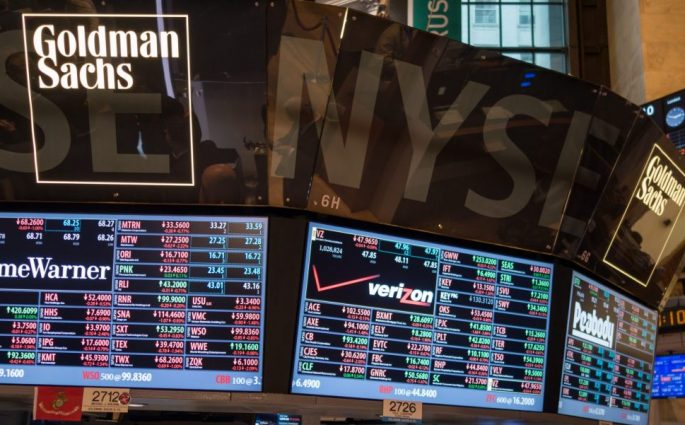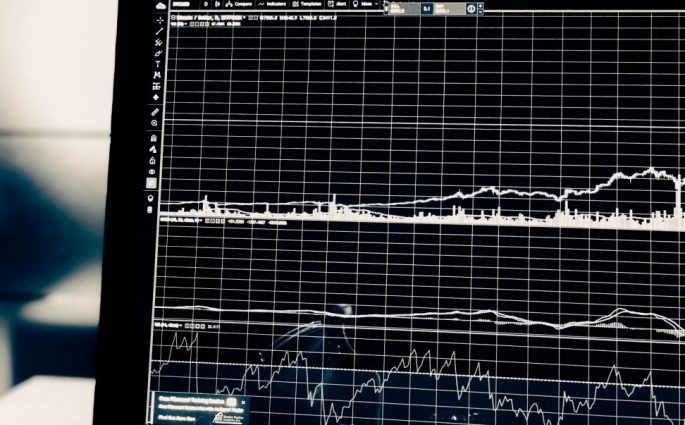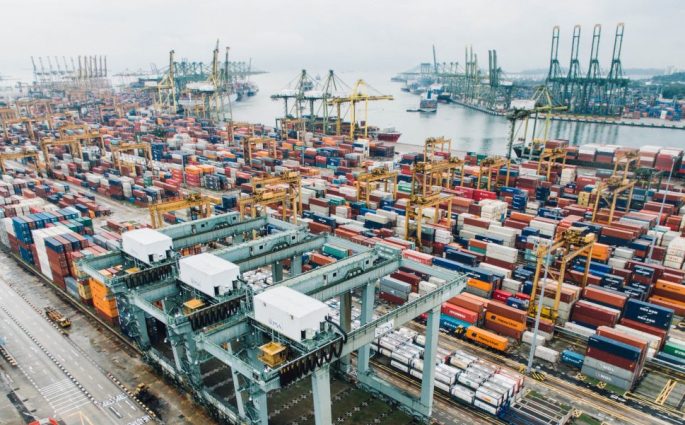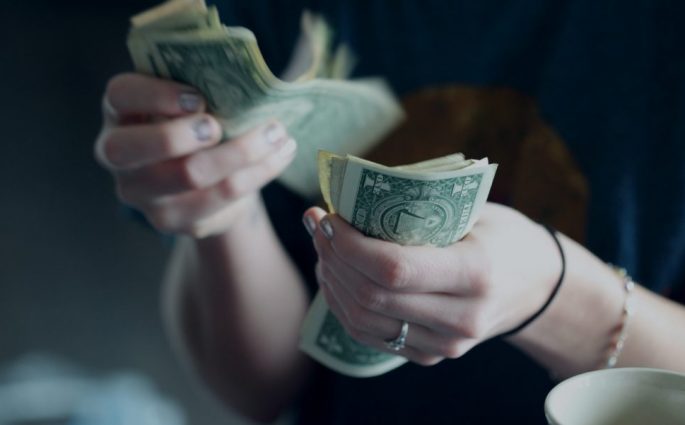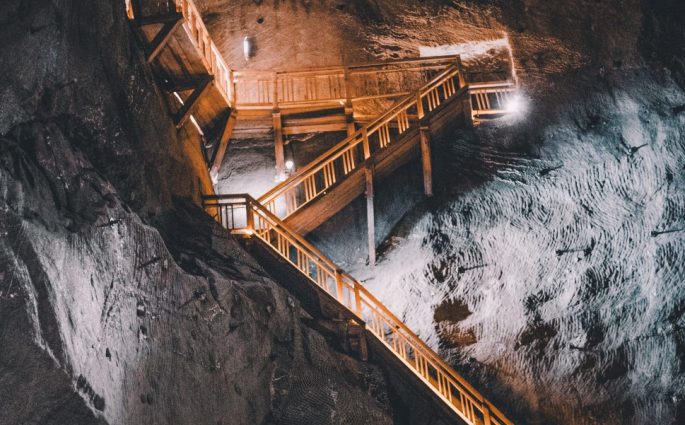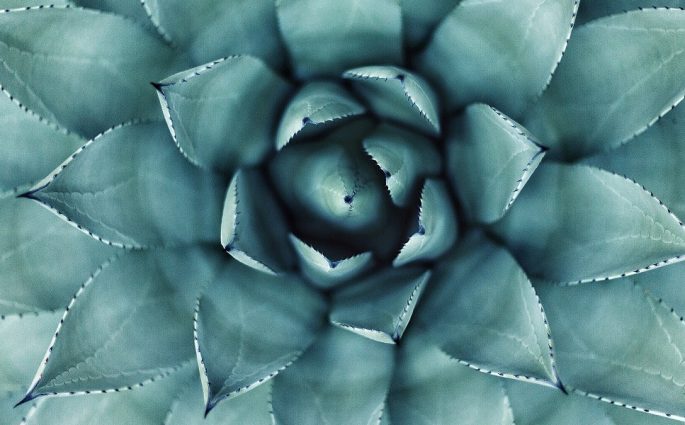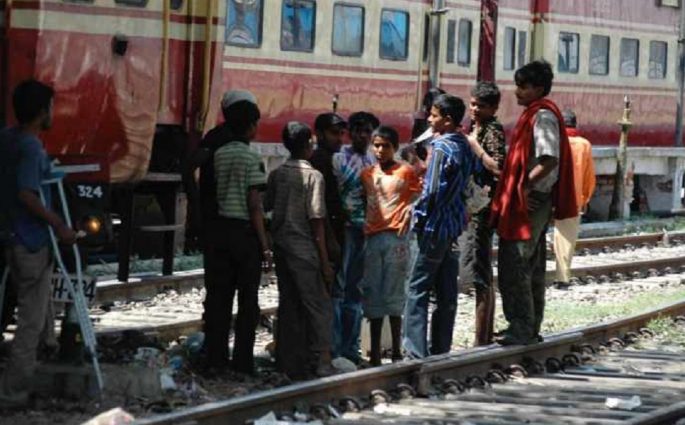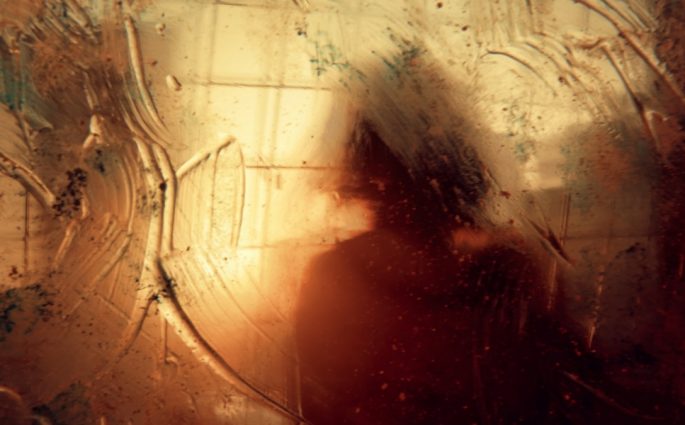Fear and Financial Crisis
Ben S. Bernanke, Timothy F. Geithner, Henry M. Paulson Jr.— The crisis of 2008 was a classic financial panic, a staple of economic history at least since the Dutch tulip crisis of 1637, except this time it was rooted in a mania over dubious mortgages rather than fashionable flowers. As























